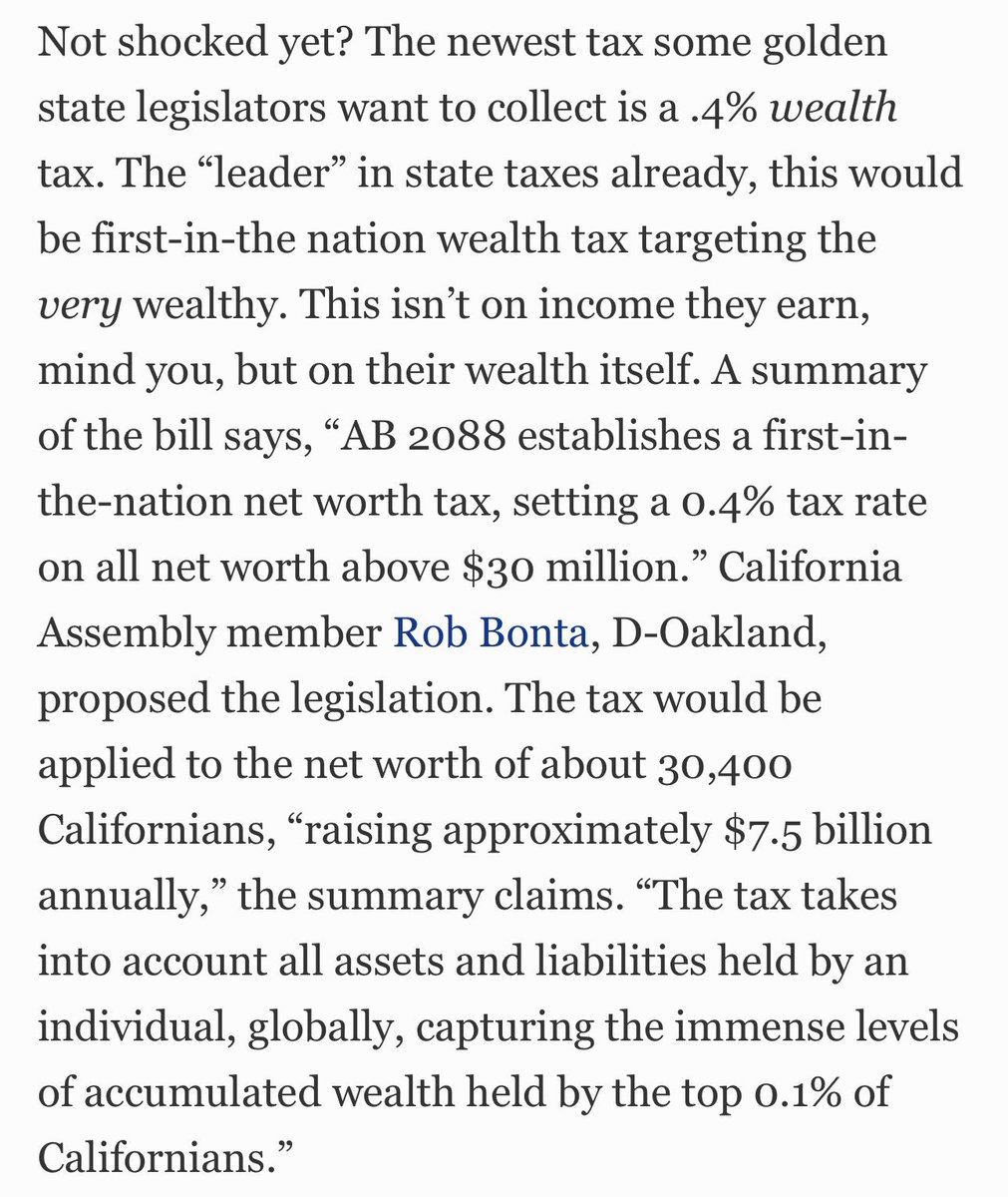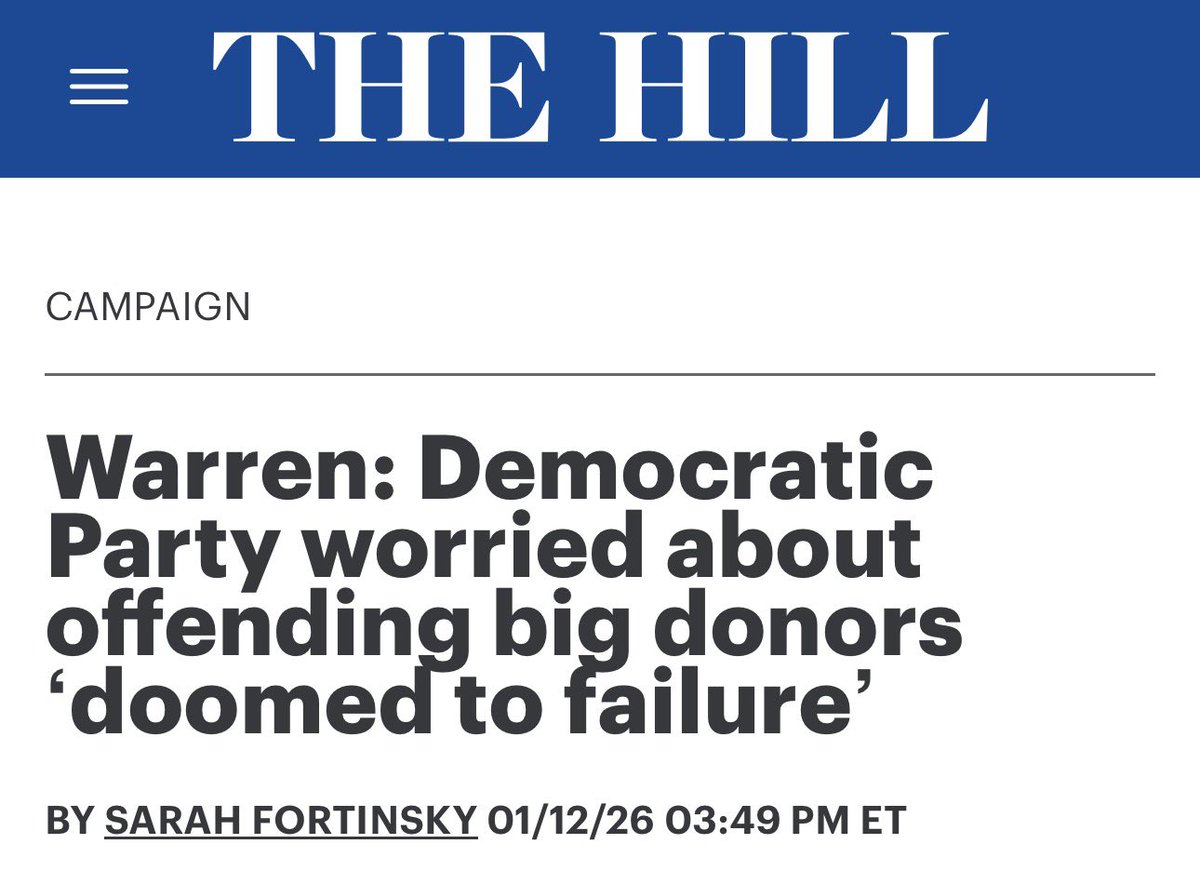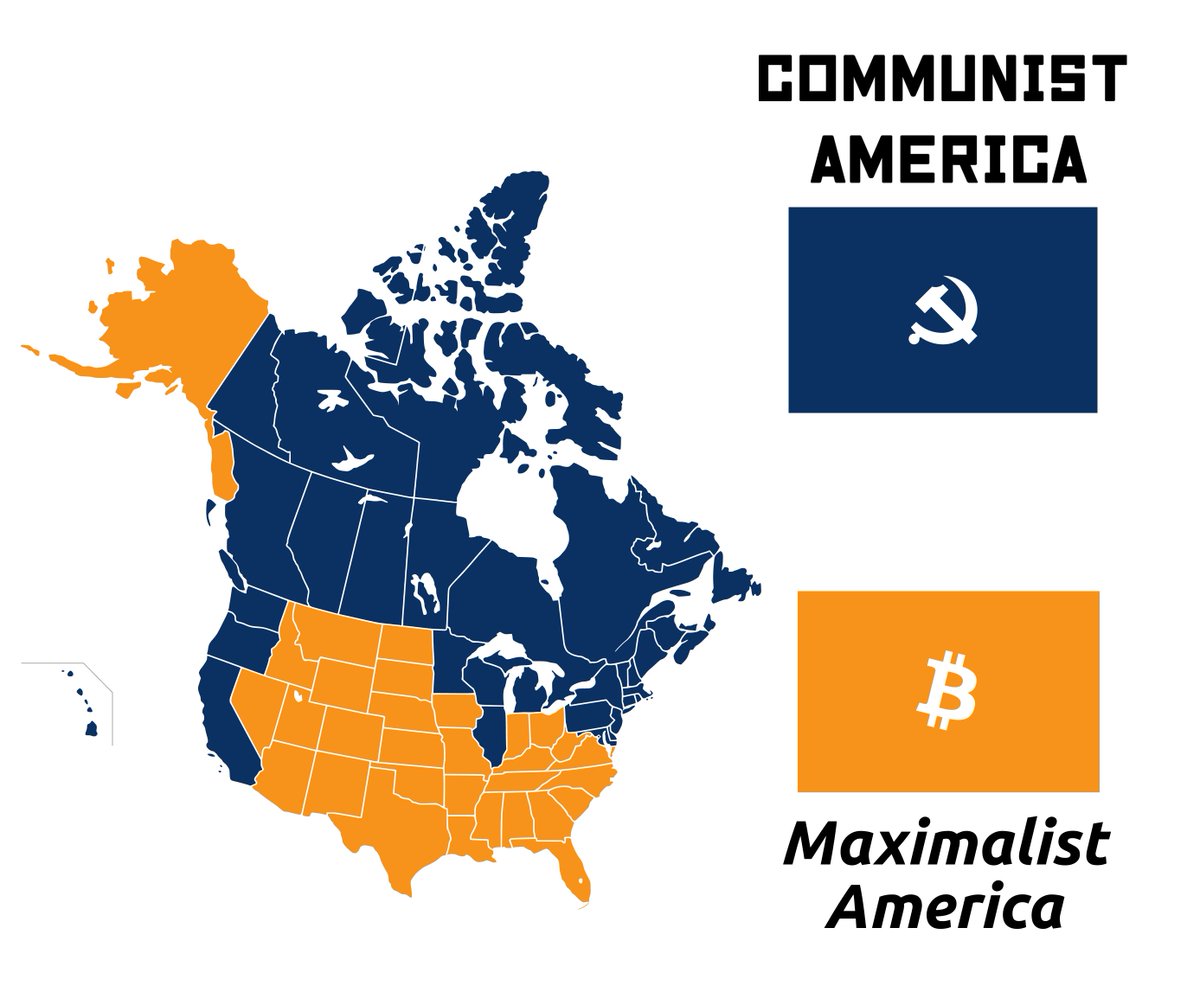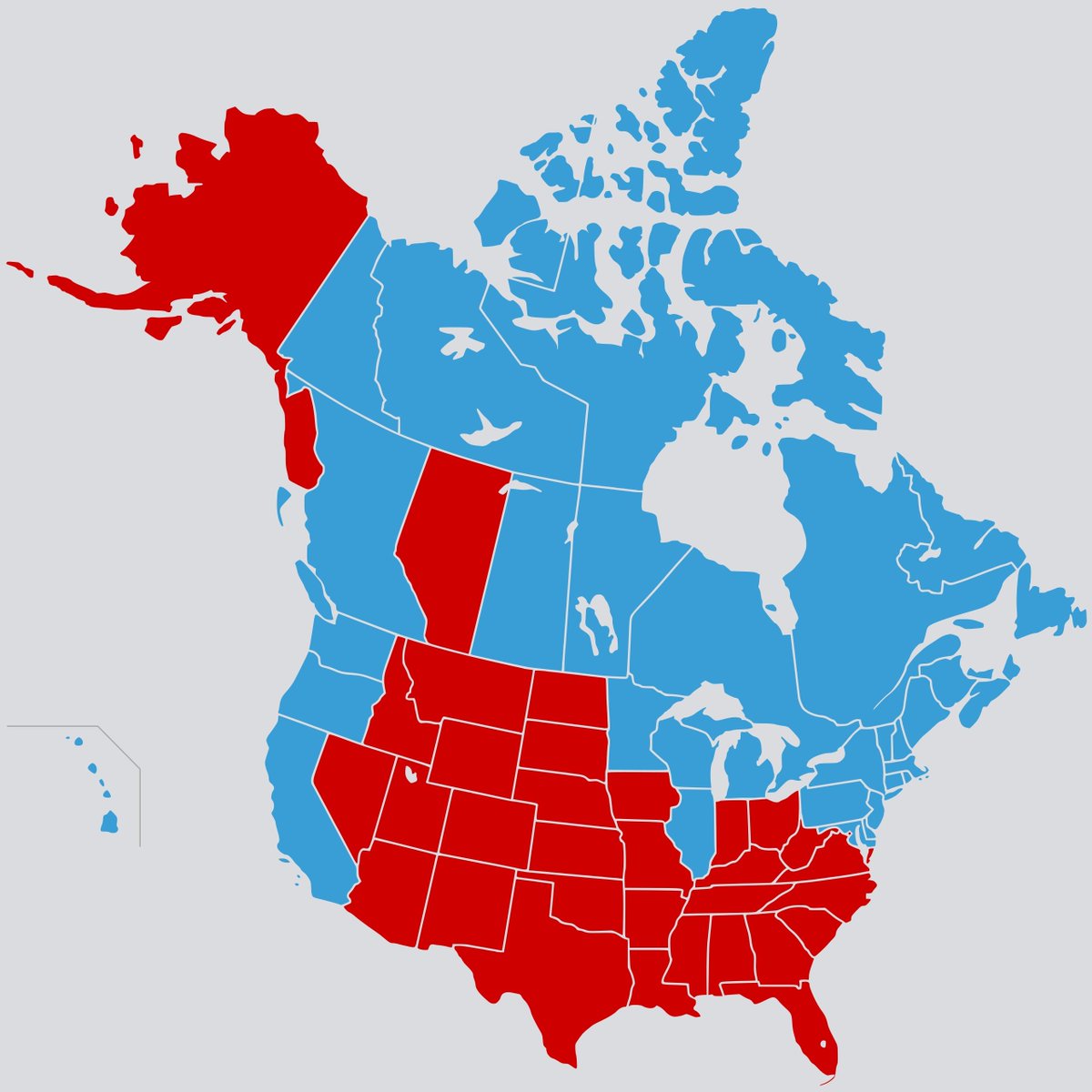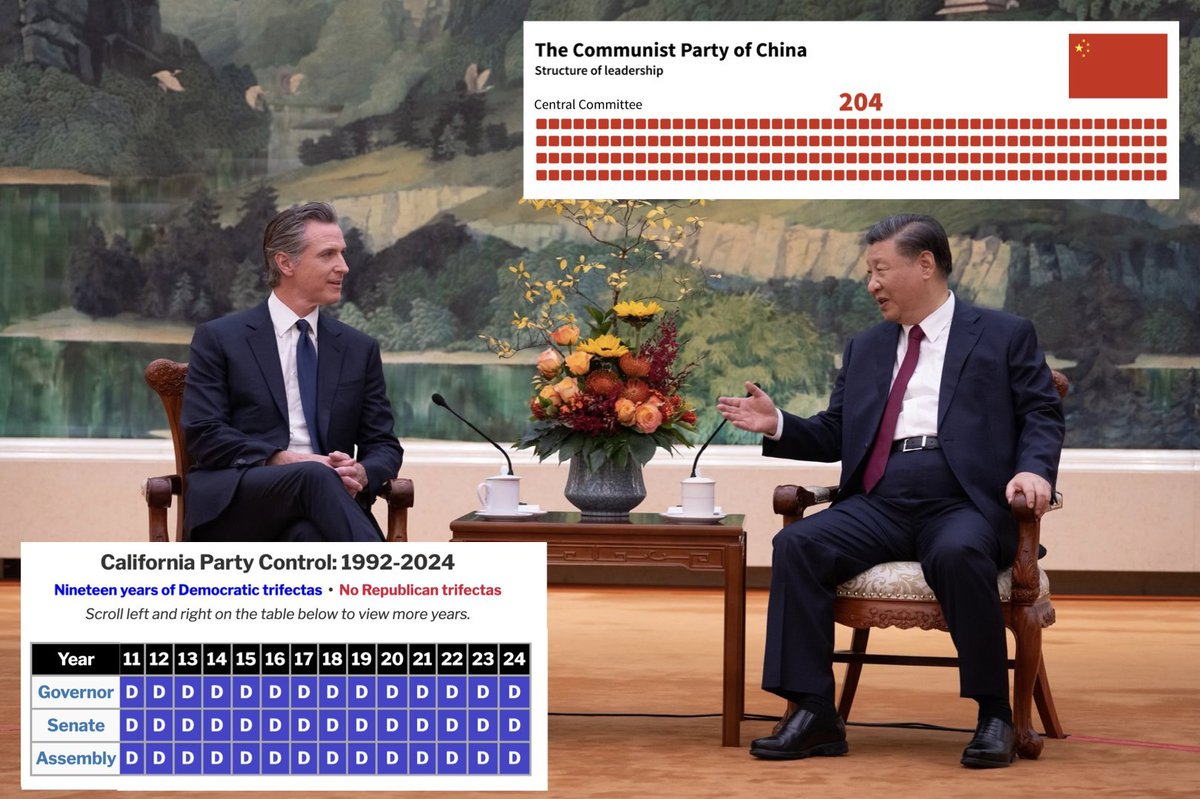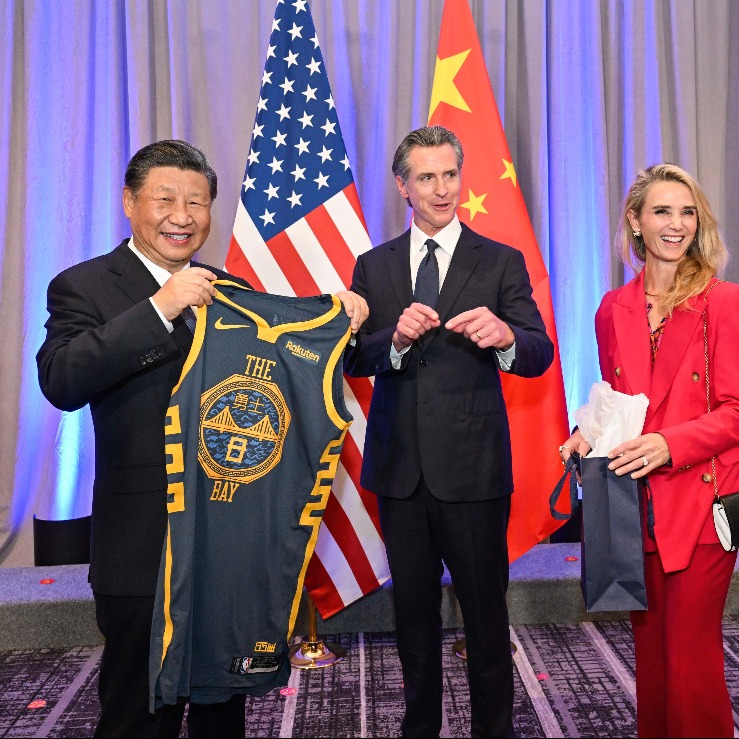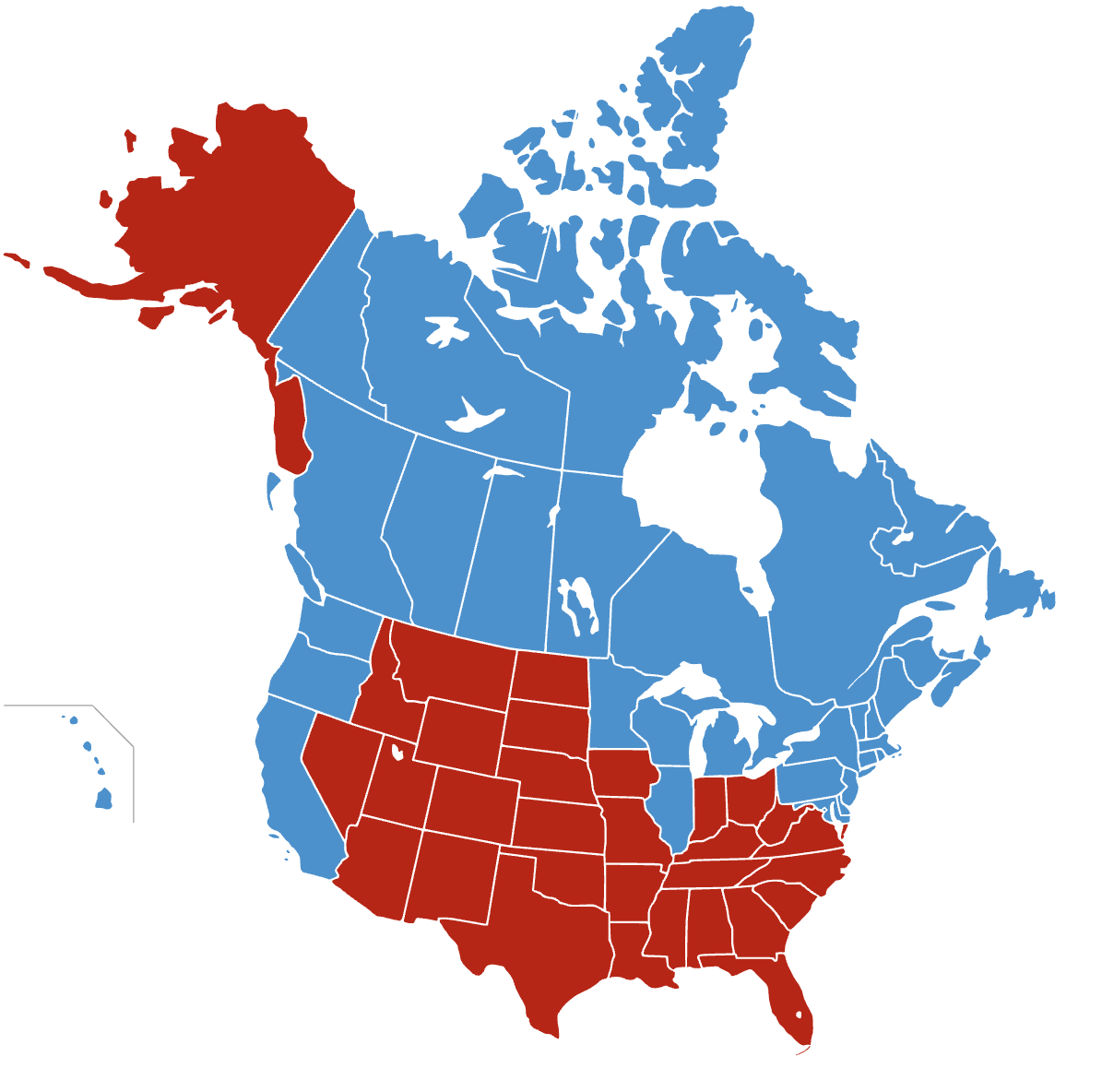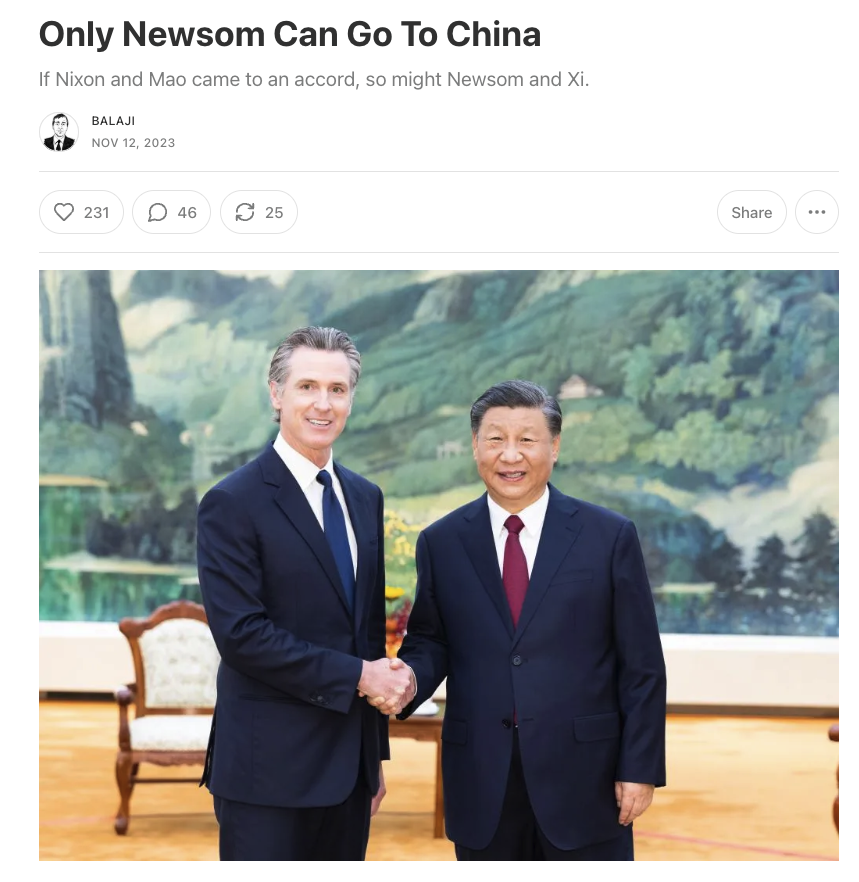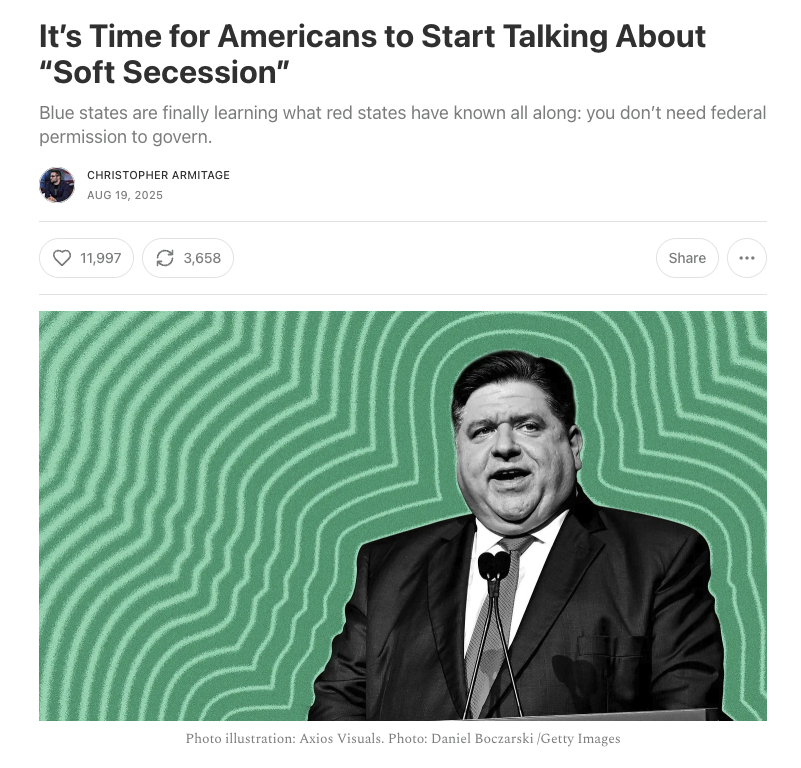Expect many more national bans on American tech companies in the weeks and months to come.
Market caps will crater when deprived of markets. And we will see a complete inversion as states gradually begin favoring crypto protocols over American companies. theguardian.com/world/2021/jan…
Market caps will crater when deprived of markets. And we will see a complete inversion as states gradually begin favoring crypto protocols over American companies. theguardian.com/world/2021/jan…
The Regulatory Flippening
In the 1990s, the US government fought encryption. Now it mandates it.
Similarly, once regulators realize that crypto protocols exercise *less power* over their countries than foreign corporations, they’ll adopt a protocol-first approach.

In the 1990s, the US government fought encryption. Now it mandates it.
Similarly, once regulators realize that crypto protocols exercise *less power* over their countries than foreign corporations, they’ll adopt a protocol-first approach.

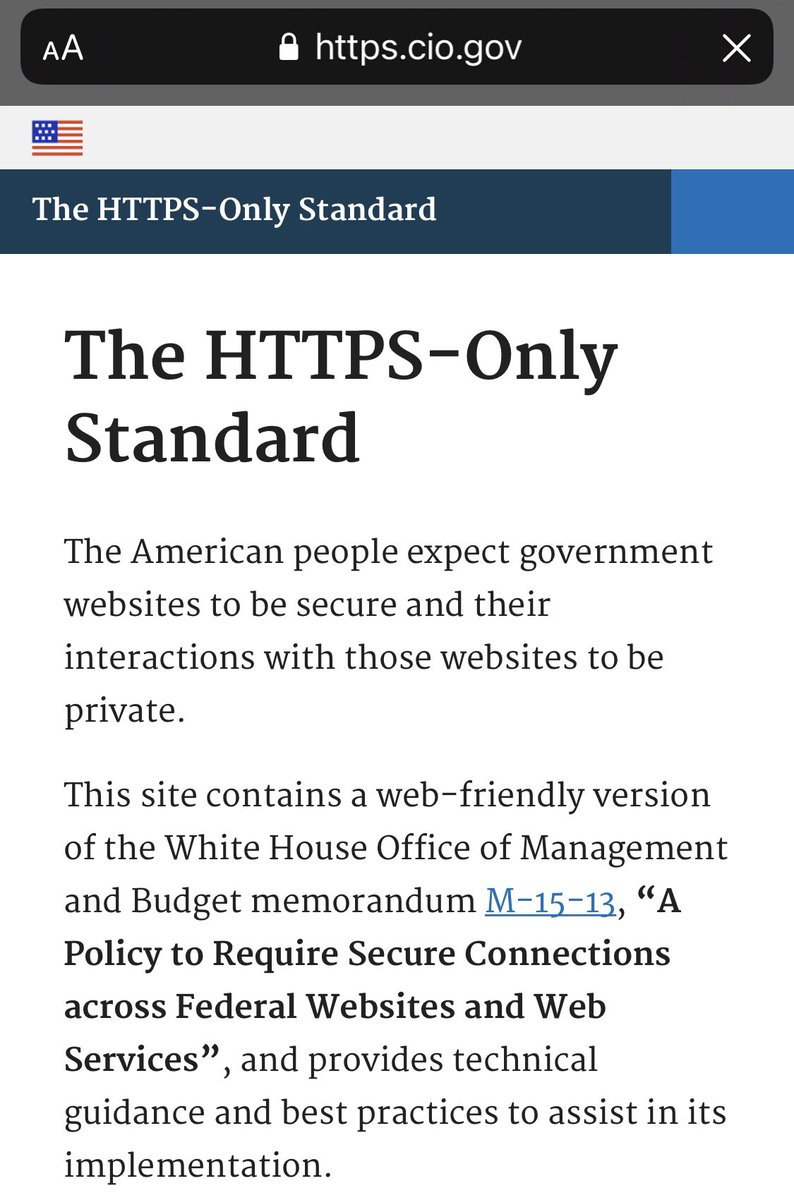
Many governments already encourage the use of open source over proprietary code when available.
They will eventually prefer crypto APIs over corporate APIs for the same reason. Crypto is what comes after open source: it’s also open state & open execution. brookings.edu/wp-content/upl…

They will eventually prefer crypto APIs over corporate APIs for the same reason. Crypto is what comes after open source: it’s also open state & open execution. brookings.edu/wp-content/upl…
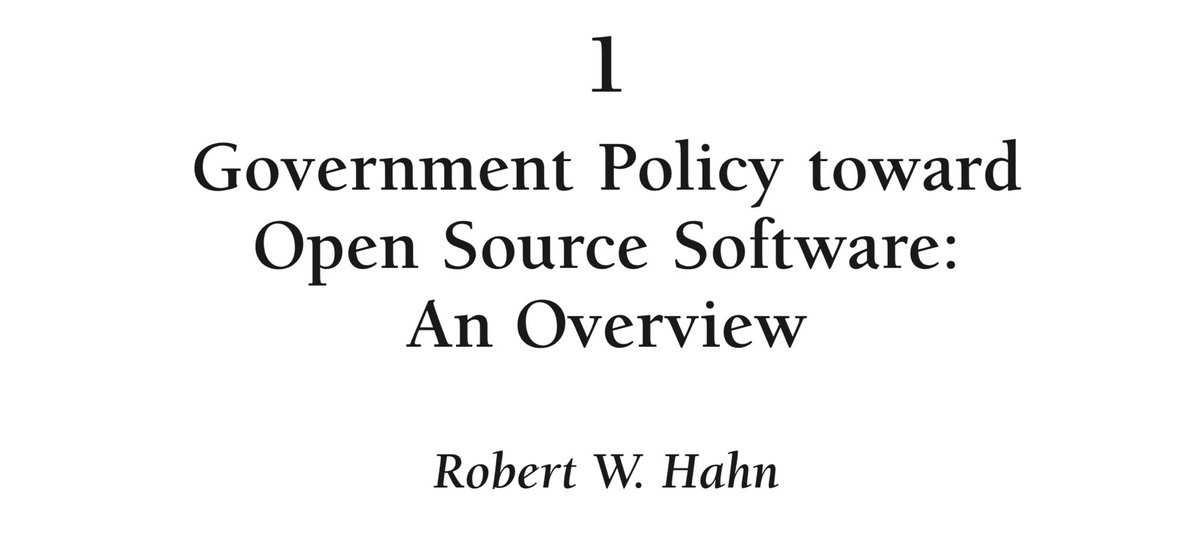
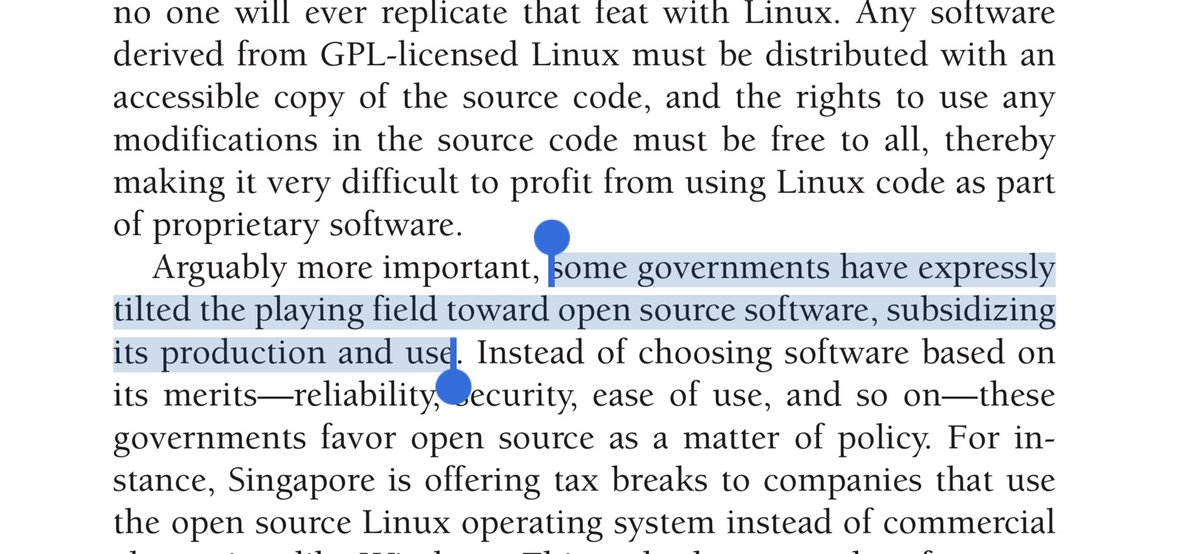
This is the rapprochement between crypto and compliance.
In countries around the world, a tech company will have to present and execute on a crypto decentralization plan *in order to be compliant*.
Otherwise they’ll just be considered foreign pawns, and kept in a sandbox.
In countries around the world, a tech company will have to present and execute on a crypto decentralization plan *in order to be compliant*.
Otherwise they’ll just be considered foreign pawns, and kept in a sandbox.
Many factions will support crypto decentralization as a check on corporate power:
- startups with concerns over for-profit deplatforming (eg Meerkat, Little Things, etc)
- governments with national security & surveillance concerns
- citizens with deplatforming & privacy concerns



- startups with concerns over for-profit deplatforming (eg Meerkat, Little Things, etc)
- governments with national security & surveillance concerns
- citizens with deplatforming & privacy concerns

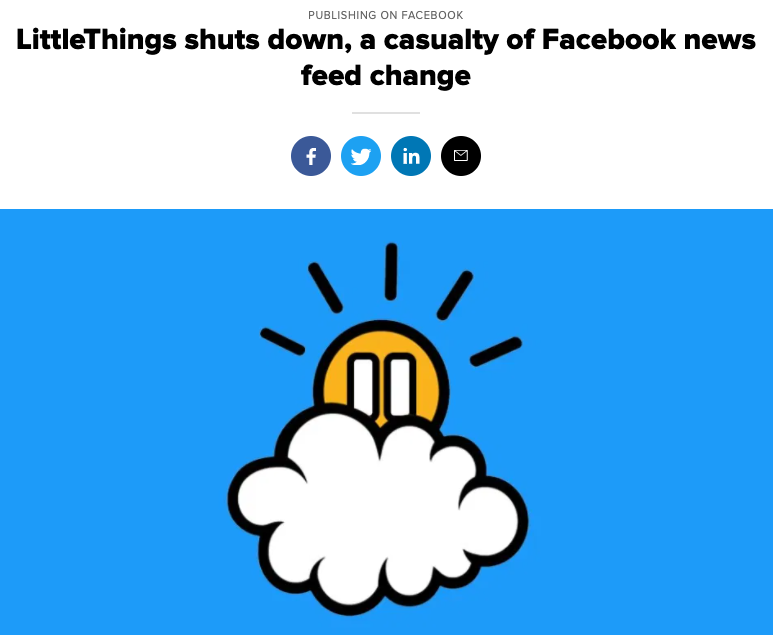

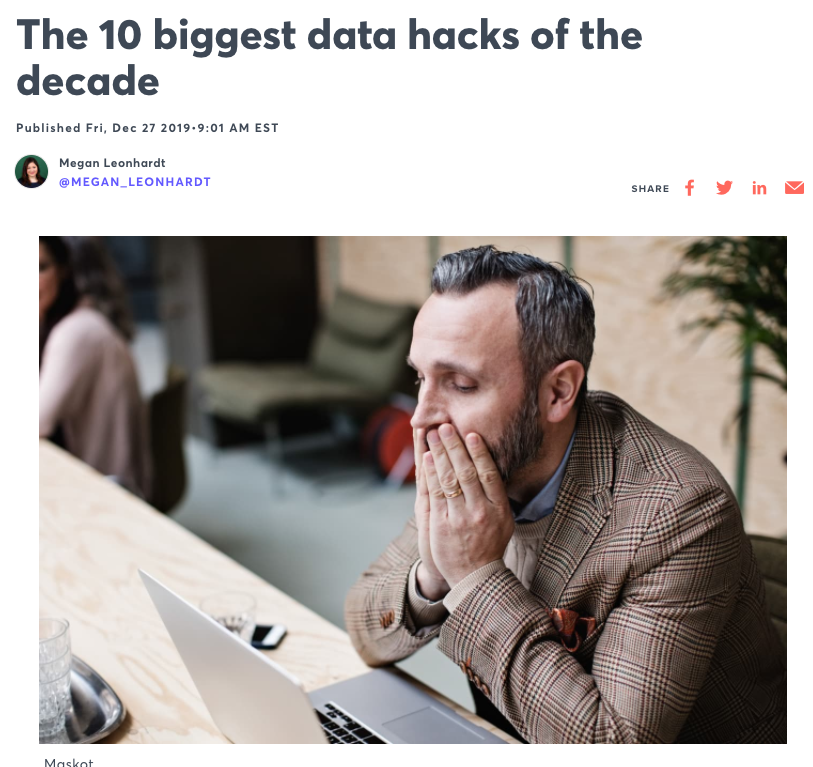
• • •
Missing some Tweet in this thread? You can try to
force a refresh


